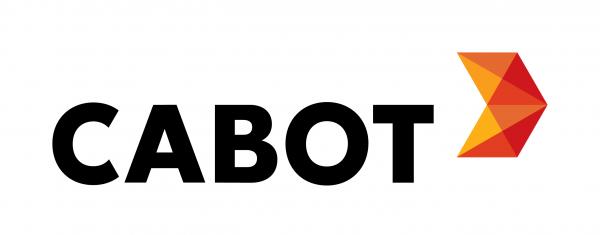The US Department of Energy (DOE) has selected speciality chemicals firm the Cabot Corporation as a technology partner to develop low-cobalt cathodes for next-generation lithium-ion batteries.
Cabot will work with researchers at the DOE’s Argonne National Laboratory and French battery maker Saft for the project. Argonne will assist in the synthesis of low-cobalt cathode compositions, while Saft will assist in the manufacture of batteries to validate performance of novel low-cobalt cathode formulations.
The DOE said it is investing a total of US$80 million “to explore more sustainable, affordable options” than cobalt— and “ultimately improve access to electric vehicle technology”.
Of the $80m, nearly $32m has been allocated for battery and electrification initiatives, including $2.9m for Cabot’s research into aerosol manufacturing technology for low-cobalt lithium-ion battery cathodes.
Cabot Energy Materials technology director Miodrag Oljaca said the corporation “already has an established presence in batteries through our conductive additive formulations and aluminas for cathodes and separators”.
“We are eager to leverage our novel process technologies and battery materials expertise to drive further innovation for next generation batteries, with the goal of enabling low-cobalt or no-cobalt cathode formulations,” Oljaca said. “This work will also help enable the production of low-cost, sustainable batteries for energy storage and other applications.”












